Peak teacher Monica Mills Attends Learning & the Brain Conference
Peak School teacher Monica (Moni) Mills recently returned from a Conference entitled “Learning & The Brain – Using Cognitive Science to Create 21st Century Schools,” which shared with educators and scientists the latest research on student learning and retention. Currently, research findings take typically around 10 years to reach any sort of practical application in the classroom, and this conference was designed to help close that research to classroom gap. Specifically, neuroscientists have discovered strategies that make learning easier, more effective, and that can boost long-term memory, thinking and academic performance. By using mnemonics, movement, active learning, discussions, gestures and varied practices, teachers can improve their students’ ability to learn, reflect and remember. Moni was excited to see scientific, biological findings supporting The Peak Schools’ approach to learning.
Moni noted The Peak School’s choice of DMO’s for assessment and curriculum delivery rather than content-based, 10 Common Principles, the activity-based Outdoor Education program, and more were all key areas that are proven out in the research shared. Key take-aways Moni shared include:
· Giving time between content exposures and mixing information instead of presenting it in blocks are two ways that the brain is able to store information for longer periods of time. Interdisciplinary projects and collaborations within departments show that students learn how to access information from not only one discipline, but from others as well.
· Rest is very important for our students! Not just sleep, but not packing in a ton of information – Use depth rather than coverage
· Staff must pay attention to short term memory and attention span for maximized learning – differentiating between students individual capacities.
· Outdoor exercise and even instruction, such as The Peak Schools Outdoor Education curriculum, can increase learning
· Morning vs. Afternoon classes can change how much learning occurs, and breaks help. Again, Peak’s interactive learning style and Outdoor Education are reinforced by this data.
Additionally, UC Irvine provided a list of games which, in their researcher’s opinions, are useful for helping develop various skills. If parents are interested in donating a game to Peak or buying a game for their own kids, here is the website which contains a list of games and more about working memory and how memory affects learning for all ages. http://wmp.education.uci.edu/ for-parents-and-educators/.
On her return, Moni noted, “I've learned so much new data about content delivery and teaching in the classroom that best taps into student learning and long term memory development.” Soon, Moni will be sharing this information with fellow teachers during a staff meeting at school.
